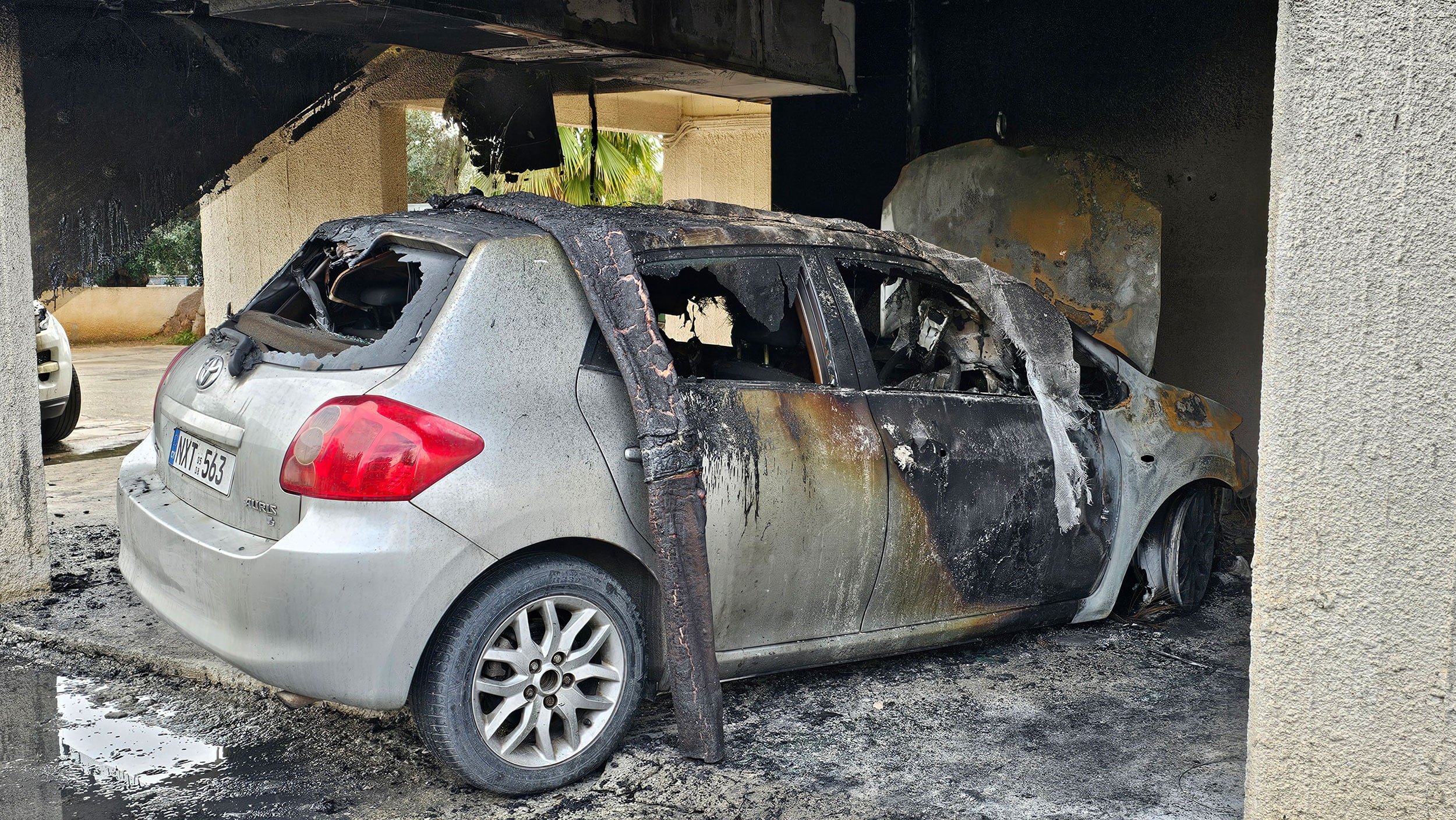State prosecutors on Wednesday charged they cannot keep fighting organised crime only to get attacked in retaliation and left with no protection from the state.
The statements were made during a heated House legal affairs committee, with attorney-general George Savvides confirming police had developed an action plan, and the necessary budget approved by the finance ministry.
“We are faced with felons and organised crime. We are at risk and so are our families,” a state prosecutor told MPs.
There is no protection for the job and as a result “experienced state prosecutors leave the service”.
Savvides condemned the spate of attacks, saying “we are deeply concerned and condemn with our heart and soul the bombing, and all other forms of attack on state prosecutors.”
Between December and January, two state prosecutors were attacked – one with a bomb explosion outside her home and another had her car set on fire.
Both were invited to the parliamentary committee, where they said there are 38 state prosecutors across the country, dealing with around 200 cases at a time.
“Who would agree to being hospitalised for three whole days and have shards of glass removed from their body after a bomb attack because their work irritated the underworld?” Akel MP Irene Charalambides charged.
“Who would agree to getting paid €2,500 per month after 15 years of service before a criminal court, putting their lives and that of their family at risk?”
The MP raised the issue that at the same time “senior lawyers of the Republic, had a raise ranging from €30,000 – €40,000 overnight.”
Those that got the raise “don’t even face the same risks” as for the most part they are behind their desks and not as exposed as the state prosecutors.
Charalambides claimed the state prosecutors had no response in their appeals for help “and eventually turned to the President of the Republic, to us (in parliament) and institutions outside of Cyprus”.
Savvides said he could not delve into the specifics of the police plan for obvious reasons and could not comment on his opinion of the adequacy of the measures.
“Issues surrounding safety do not fall under my responsibility. It is important for police to take the necessary measures to avoid similar attacks on any member of the legal service.”
As for wages, Savvides said renumeration would have to be examined with efforts to modernise the legal service.
Police grilled
Disy MP Nicos Tornaritis rejected the idea that salary increase should be linked to the legal service’s modernisation, asking the finance ministry for a written response within 15 days on how pay raises will be tackled.
He said police should be more efficient over arrests, while Diko MP Christiana Erotokritou underlined that solving the case and bringing the perpetrators before court would be the best response.
It is unthinkable to have state prosecutors working under such conditions.
One of the state prosecutors said that experienced prosecutors were leaving the service as the risks were too high.
She said that every front-line prosecutor has 150 cases on traffic violations, and between 40-50 on criminal cases. There are also cases they are dealing with at the Supreme Court level.
Across the country, state prosecutors deal with all criminal cases before district courts and some at criminal courts. On average this is around 500-600 criminal cases and 600-700 traffic cases daily. They have to work past official working hours without overtime and present before court on weekends and public holidays.
“The 38 public prosecutors are forced to handle a very large number of cases in the criminal courts every day, handling serious cases that affect the interests of the underworld and studying a huge amount of material in an effort to present cases in court,” Charalambides said.
“The enormous amount of work they have to do and the insecurity they feel because of the threats they face can inevitably jeopardise the course of justice.”
Charalambides also questioned how effective the police measures actually were because the first bomb attack against a state prosecutor was in 2016.
Seeing as there were attacks only a few months ago, the measures “obviously failed”.
“I wonder if those in charge will take responsibility if another attack on those working towards justice takes place? And how is it possible that the state prosecutors themselves have not been informed of these security measures that directly affect them?”







Click here to change your cookie preferences